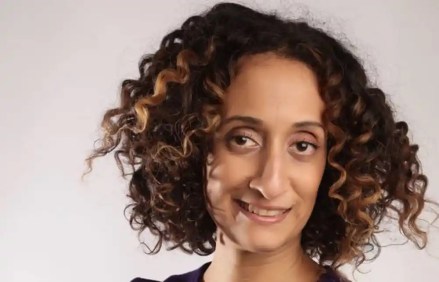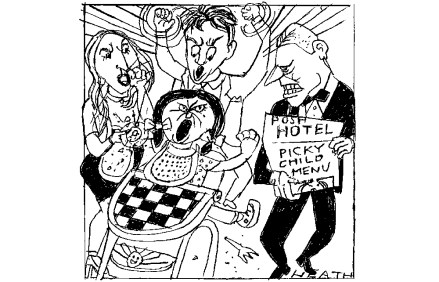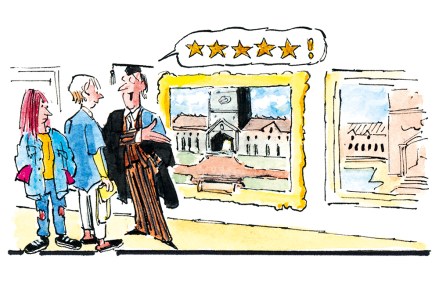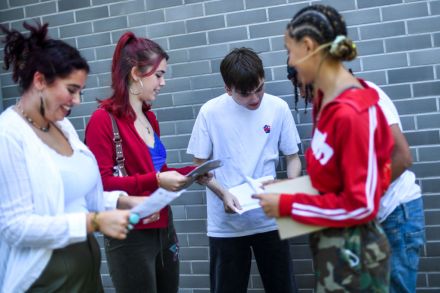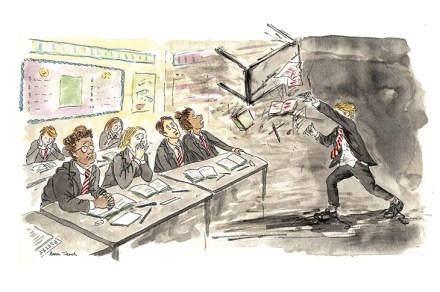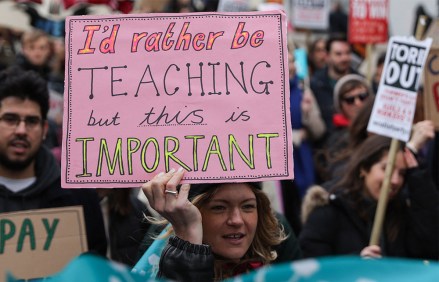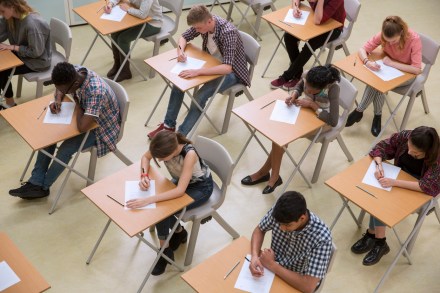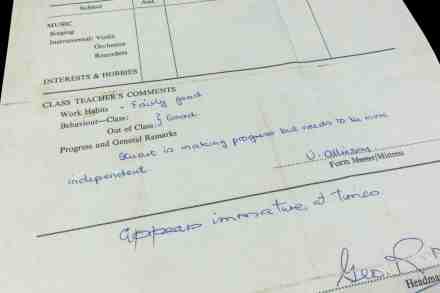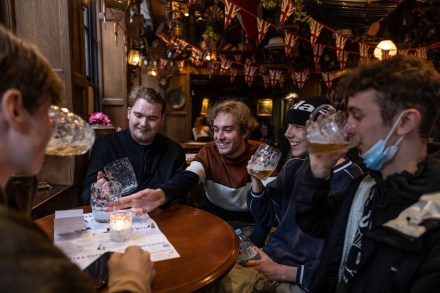Why Elon Musk is right to leave California
Not long before Joe Biden finally accepted defeat, Gavin Newsom, the 56-year-old governor of California, was on the stump for him in Bucks County, Pennsylvania, shirt undone two daring buttons, sleeves rolled up, silver hair gelled just so. Newsom, who is now being mentioned as Kamala Harris’s running mate, models himself on Bill Clinton. People who’ve worked with him say he practises Clintonian gestures in the mirror, though the look he’s achieved is more Harley Street gynaecologist. How can Gavin Newsom sleep knowing he’s encouraged children to think of their parents as the enemy? ‘If Donald Trump succeeds, God help us, we will roll back the last half-century,’ Newsom told






